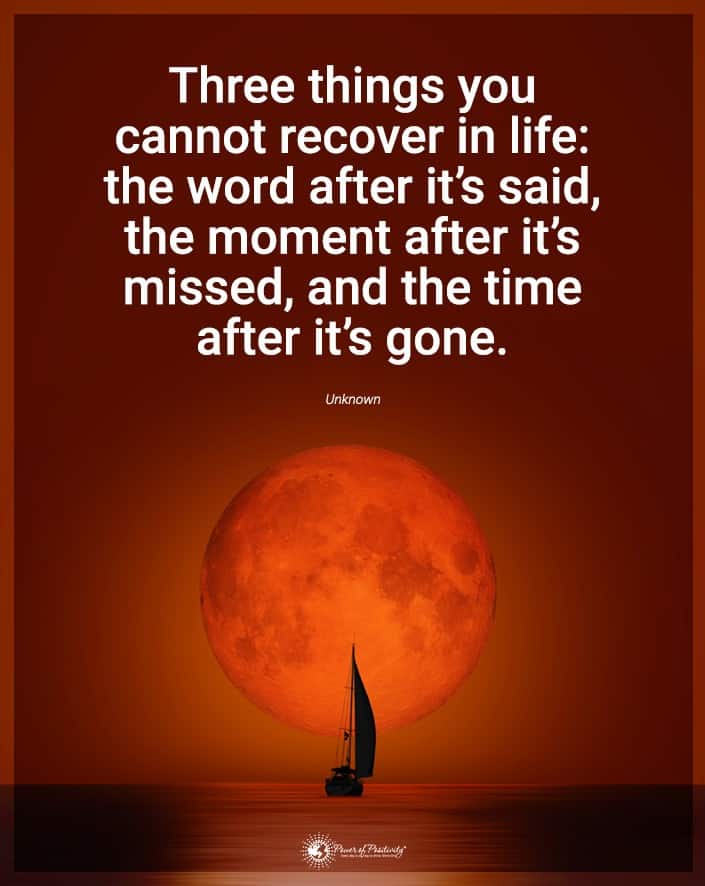France enacted a plastic packaging ban beginning on Jan. 1, 2022, making it the first European country to do so. The law prohibits single-use plastics on many items, including fruits and vegetables like carrots, apples, and bananas. The bill also included lemons, potatoes, cucumbers, pears, kiwis, peppers, and leeks. Thirty varieties of produce sold in supermarkets and other shops will no longer have plastic packaging.
In 2021, an estimated 37% of fruits and vegetables sold in France had a plastic wrap. The government believes the plastic packaging ban will eradicate one billion single-use plastic items annually. This reduction in plastic usage would have a massive positive effect on the local environment and marine habitats.
President Emmanuel Macron referred to the ban as “a real revolution,” adding that France leads the way by promising to phase out all single-use plastics by 2040. The Environment Ministry added that it’s imperative to reduce the “outrageous amount of single-use plastic in our daily lives.”
The new law “aims at cutting back the use of throwaway plastic and boost its substitution by other materials or reusable and recyclable packaging.”
Of course, it will take time to replace plastics with viable alternatives. Currently, packages over 1.5kg and chopped or processed fruit have an exemption. Also, producers of fragile, soft fruits like cherry tomatoes, raspberries, and blueberries will have an extended period to employ alternatives. However, the government ordered that by 2026, the plastic packaging ban will apply to all fruits and vegetables.
Spain’s New Rules Will Follow Soon
Spain will also enforce a ban on plastic packaging for production beginning in 2023. Environmentalists and international campaigners believe the bans are long overdue, as they’ve been calling attention to plastic pollution for decades. Still, it’s better late than never, and perhaps more countries will follow France’s example.
France’s Plastic Packaging Ban and Phase Out Is Now Underway
It seems that French citizens fully support the plastic packaging ban. 85% of respondents in an Ifop poll for the World Wildlife Fund (WWF) in France in 2019 favored eliminating single-use plastics. Over 2 million people have signed a WWF petition urging governments worldwide to act on plastic pollution. Outraged citizens have also utilized social media to express their concern, saying that items like coconuts and bananas have unnecessary plastic packaging.
Shoppers in surrounding countries have also voiced their disgust at produce wrapped in layers of plastic. About 75% of British citizens have felt “anxiety, frustration, or hopelessness” at the sheer amount of plastic they encounter while shopping. 59% say supermarkets and manufacturers haven’t done their part to offer plastic-free alternatives, according to a poll in June 2021.
However, WWF France called the plastic packaging ban “a positive step in the right direction” while reminding governments how much work lies ahead. Specifically, they mentioned microplastics as an immediate concern for health and the environment. The organization has actively campaigned on how plastic pollution harms biodiversity and marine animals in the Mediterranean.
The Goal of the Plastic Packaging Ban
France aims to have a completely circular economy by 2040, reducing plastic entering vulnerable ecosystems. To enforce this energy transition, the government will assist small businesses that reduce resource use. Namely, it will help them reduce waste going to landfills by 50% and achieve 100% plastic recycling by 2025.
The French government already enforced a plastic packaging ban in 2020, including plates, cups, and cotton buds. It also prohibited the sale of plastic water bottles in school catering services.
In 2021, they passed a law banning plastic straws, disposable utensils, plastic stirrers, cup lids, confetti, and Styrofoam containers. Any business selling products with excessive plastic wrapping would incur a fine.
In 2022, France will expand its plastic packaging ban to encompass plastic tea bags and fast food kids’ meal toys. In addition, companies can no longer distribute free plastic water bottles. Instead, public establishments will have water fountains on-site where citizens can fill up reusable water bottles. Finally, the ban includes disposable dishes in fast-food chains for dine-in meals.
Other Countries Enforcing Plastic Packaging Bans
France isn’t the only country phasing out plastic packaging; many others currently have bans. With plastic production estimated to triple by 2050, this offers a glimmer of hope that we can reverse the trend before it’s too late.
- Mexico City banned single-use plastics, including straws, forks, containers, bags, and balloons. Other locations throughout Mexico, such as Quintana Roo, Cozumel, Playa del Carmen, Cancún, and Tulum, already prohibit disposable plastics. According to Greenpeace Mexico, five municipalities and 22 states in the country have passed plastic packaging bans since 2017.
- In March 2020, the European Union banned single-use plastics in 28 countries. The laws went into effect last year.
- Bangladesh became the first country to ban plastic bags in 2002 because they clogged drainage systems and contributed to widespread flooding.
- In the US, California was the first state to enforce a plastic packaging ban on bags in 2014. Since then, seven other states, including Hawaii, New York, Vermont, Connecticut, Delaware, Maine, and Oregon, have followed suit.
- According to World Atlas, nearly 60 countries globally have banned plastic bags in 2022.
- Kenya has the strictest laws on plastic pollution in the world. The government passed a bill prohibiting plastic bags’ production, sale, or use in 2017. Violators can serve up to four years in prison or pay a $40,000 fine.
Final Thoughts on the Plastic Packaging Ban in France and Other Nations
As you can see, plastic packaging bans have now been enforced in dozens of countries. Even though we still face a plastic pollution crisis, we’re making notable progress. Governments worldwide have recognized that they can’t continue operating in an unsustainable manner. France, in particular, decided to take action and ban many plastic products, which will positively impact local environments.
If every country in the world banned single-use plastics, our oceans, land, and air would benefit greatly. You can make a difference by choosing reusable bags for grocery shopping and avoiding other disposable plastics like straws and takeout containers. We can all do our part in a small way, which creates a ripple effect on the entire planet.
The post France Puts Plastic Packaging Ban Into Effect appeared first on Power of Positivity: Positive Thinking & Attitude.









